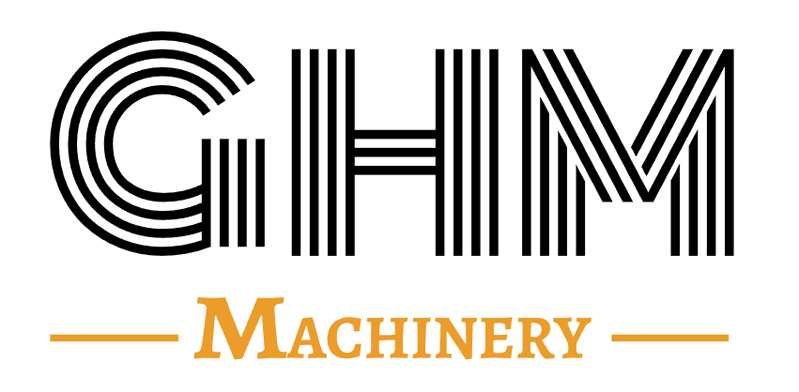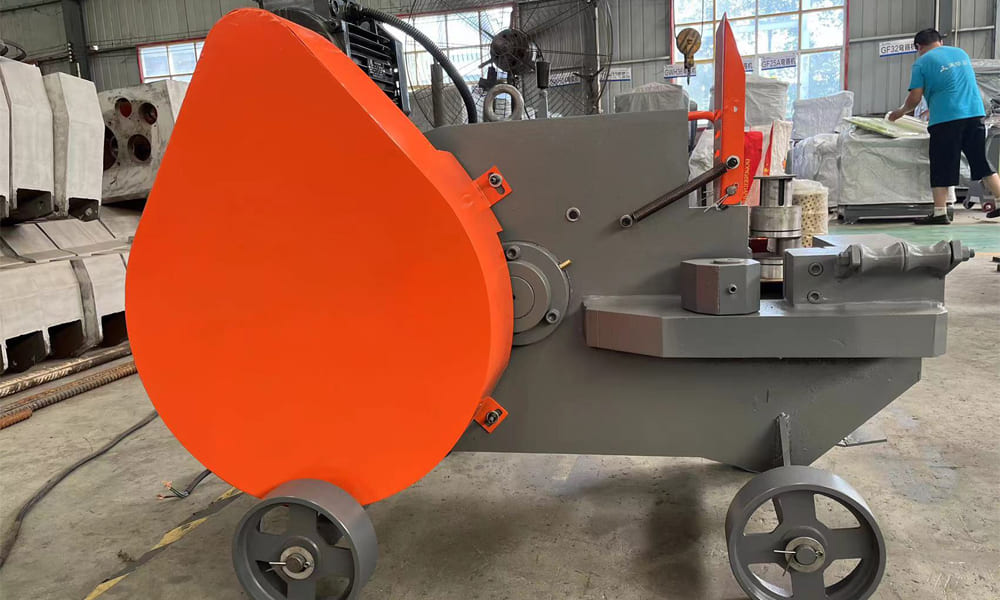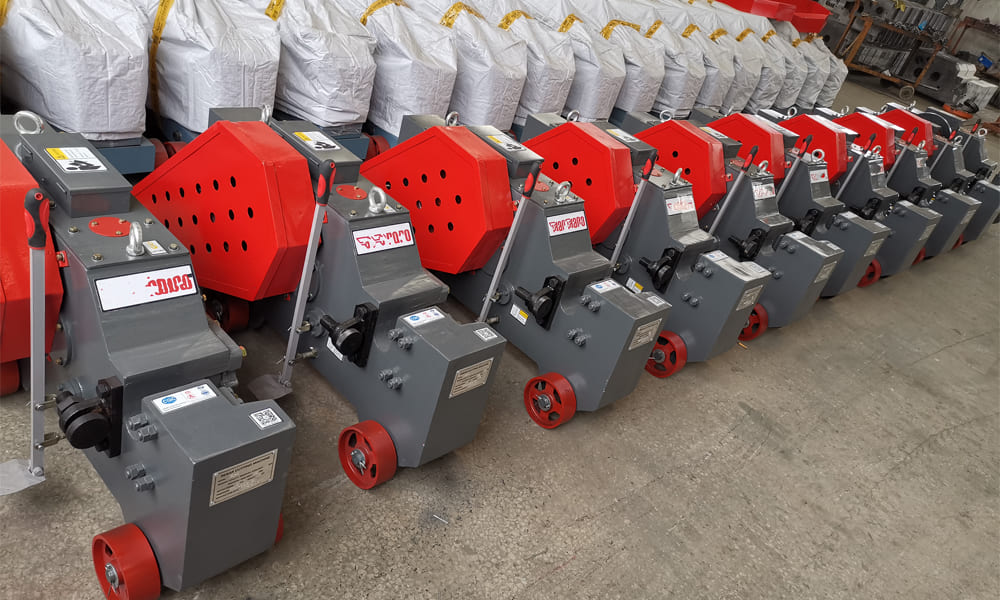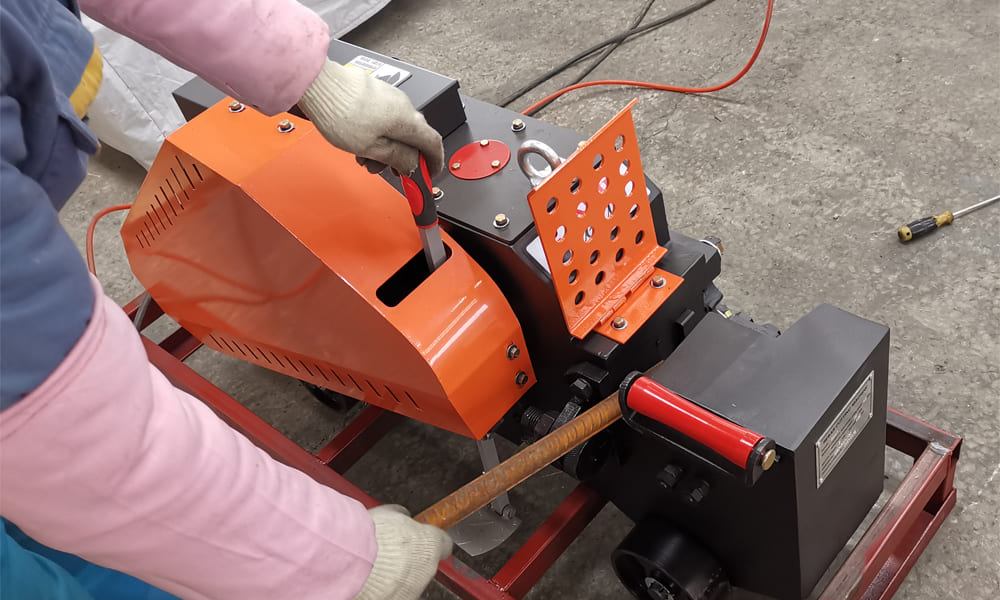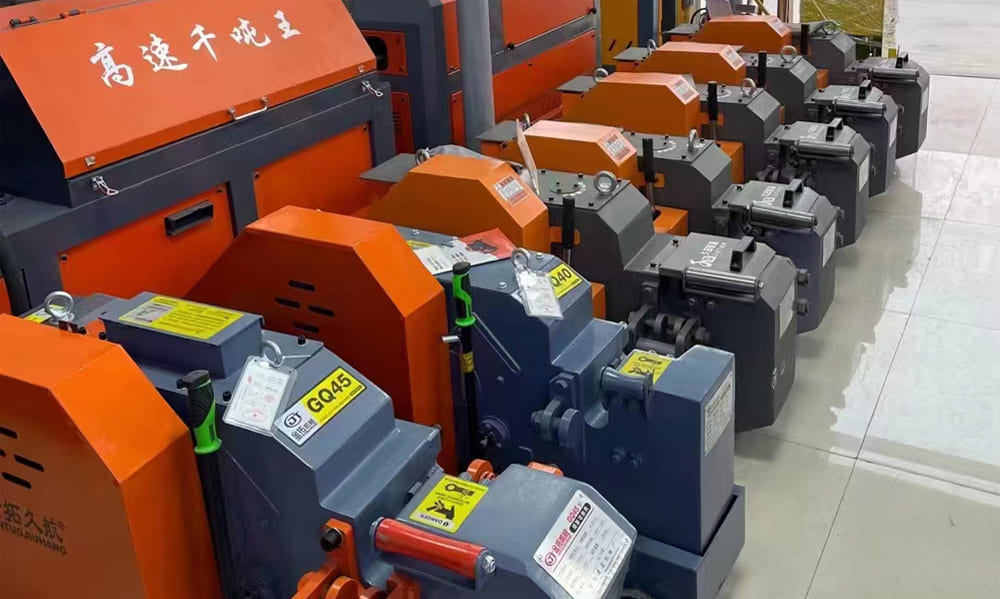When comparing Italian steel bar cutting machine and Chinese steel bar cutting machines, several factors come into play, such as build quality, technological advancements, pricing, and availability of support. Here’s a breakdown:
1. Build Quality
- Italian Steel Bar Cutting Machine: Typically known for high-quality craftsmanship, Italian steel bar cutting machines are often made with premium materials and superior engineering. They tend to be durable, with a focus on precision and longevity.
- Chinese Steel Bar Cutting Machine: Chinese manufacturers have improved their quality over the years, but there can still be variability depending on the brand. Some top-tier Chinese machines are on par with European standards, while lower-end models may use less robust materials.
2. Technology and Features
- Italian Machines: These machines often feature advanced technology, including automation and digital controls. Italian manufacturers are leaders in integrating cutting-edge innovations, such as CNC control systems, for precise and efficient operations.
- Chinese Machines: While Chinese machines may offer similar features, they often focus on cost-effectiveness, which can lead to fewer high-end technological integrations. However, some Chinese brands offer advanced features comparable to their Italian counterparts, particularly in higher-end models.
3. Pricing
- Italian Machines: Generally, Italian machines are more expensive due to the higher cost of materials, labor, and the inclusion of advanced technology. The pricing reflects the quality and precision engineering associated with European manufacturing.
- Chinese Machines: Chinese machines are typically more affordable, making them attractive for companies with budget constraints. The lower cost does not necessarily mean lower quality, especially with reputable Chinese manufacturers, but there can be trade-offs in terms of longevity and advanced features.
4. Availability of Support and Spare Parts
- Italian Machines: Support and spare parts for Italian machines may be easier to find in Europe and other Western countries, but they might be less accessible in regions like Asia or Africa. However, Italian manufacturers usually provide robust customer service.
- Chinese Machines: With the vast manufacturing base in China, spare parts are usually more readily available and less expensive. Support can vary, but many Chinese companies have improved their global customer service in recent years.
5. Brand Reputation
- Italian Machines: Brands like MEP and Pedax are renowned for their reliability and precision. They are often preferred in markets where quality and precision are prioritized.
- Chinese Machines: Brands like GHM Machinery are gaining recognition for their affordability and improving quality. They are increasingly being chosen in markets that prioritize cost-effectiveness.
6. Suitability for Specific Needs
- Italian Machines: Best suited for industries where precision, longevity, and high-tech integration are critical. They are often used in high-stakes projects where the margin for error is minimal.
- Chinese Machines: Ideal for companies looking for a balance between cost and functionality. They are often used in projects where the budget is a significant factor, but the required precision is moderate.
7. Regulatory Compliance
- Italian Machines: Generally adhere to strict EU regulations, which can be an advantage in regions where compliance with international standards is mandatory.
- Chinese Machines: Compliance with international standards can vary. High-quality Chinese brands often meet global standards, but it’s important to verify the certifications for specific models.
In summary, Italian steel bar cutting machines tend to offer higher quality and advanced technology at a higher price, making them ideal for precision-focused applications. On the other hand, Chinese machines are more cost-effective and offer a wide range of options, suitable for budget-conscious projects without compromising too much on quality.
